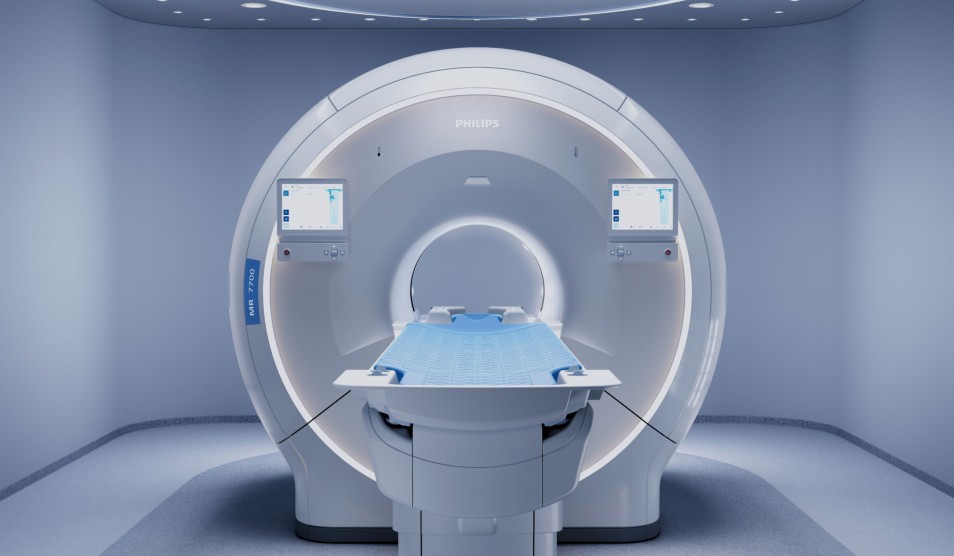New PET scan technique could bring benefit to alzheimer’s patients
Patients at Charing Cross Hospital have been part of a study which has shown how an imaging tool could benefit some patients with suspected alzheimer's.
The new study - published in the journal of neurology, neurosurgery and psychiatry - found patients were able to receive more tailored care and needed fewer investigations after having a PET scan.
Positron emission tomography (PET) scans have long been used to image tumours, clots and blood flow in the brain. However, its use in patients with alzheimer’s disease has been largely limited to research studies until recently. Now, scientists have been able to adapt PET scan to show the build-up of misshapen proteins, called beta-amyloid, which are characteristic of alzheimer’s disease – the most common form of dementia.
In the latest study, researchers reviewed data from 100 patients scanned as part of their diagnostic work-up, with scans carried out through the memory and cognitive disorders services at Charing Cross Hospital.
They found that using the adapted technique, called amyloid-PET imaging (API), had a significant impact on how patients were managed. In a number of cases they were also able to confirm alzheimer’s in individuals who had not yet been given a diagnosis because, where their clinical features were not typical of the disease.
Study author Paresh Malhotra, consultant neurologist at Charing Cross Hospital, said: “Our study is the first demonstration of how this tool can be used at this scale in hospital patients.
“While the scans were able to help tailor treatments for patients based on their pathology, we found that patients needed fewer investigations following their PET scan, as the diagnosis had already been confirmed.”
The full paper can be accessed here.



